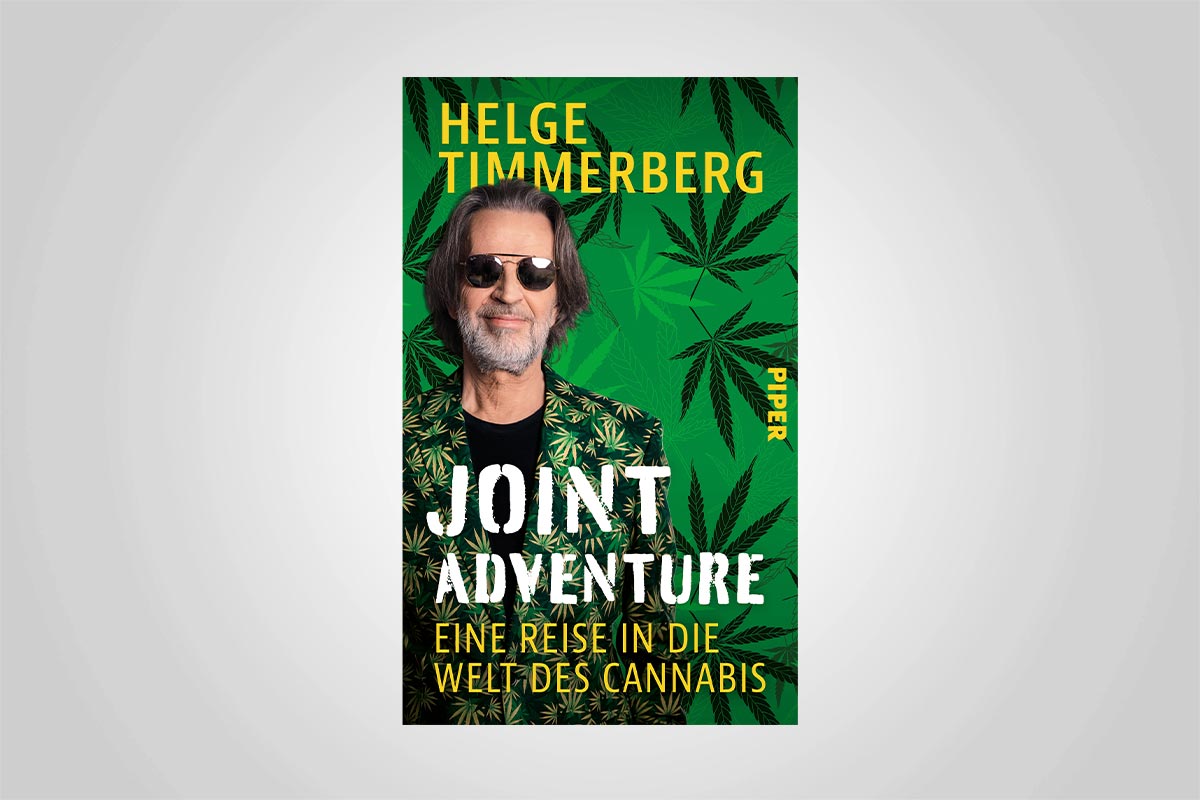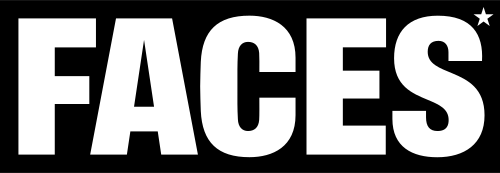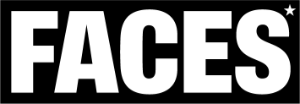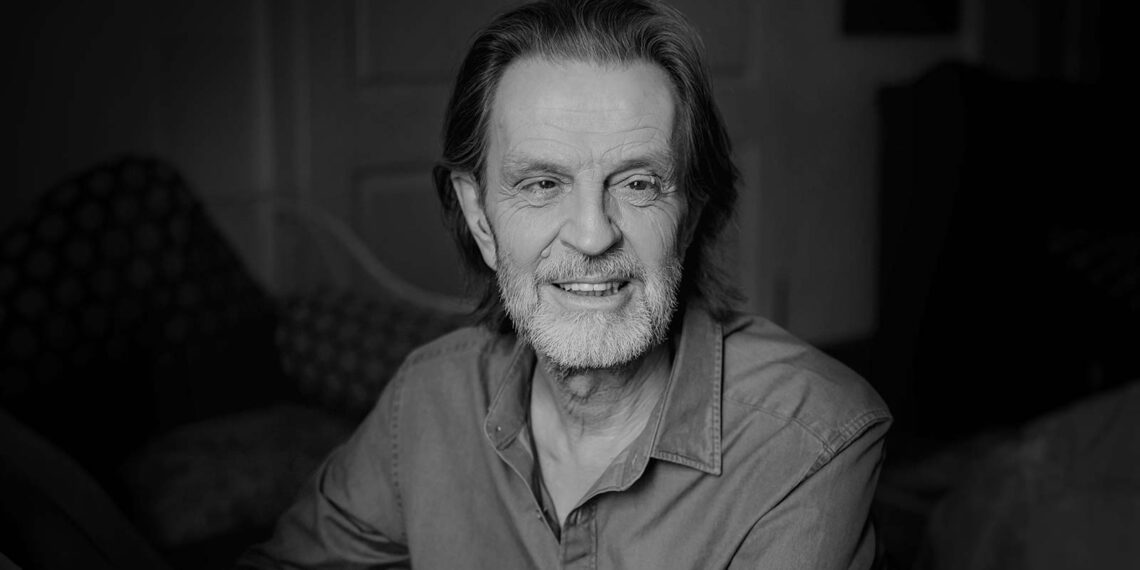Helge Timmerberg talks in an interview about his new book “Joint Adventure” and explains why he is in favour of legalizing cannabis.
Martin Janik: Helge Timmerberg, in three sentences: What is your book about?
Helge Timmerberg: Firstly, other countries, other stoners. Secondly, is cannabis good, is cannabis bad, or is cannabis just cannabis that is good or bad to deal with? Thirdly: cannabis and me.
Martin Janik: In that order?
Helge Timmerberg: No, the themes intermingle, that’s life. I travelled after cannabis: to countries that have already legalized it, to countries that traditionally have a lot of experience with it, to countries where it comes from. Because I a) like to travel, b) like to smoke pot and c) had questions. What does legal weed actually feel like? Without the paranoia of the police, but also without the aura of the rebel. Is that more relaxing or more boring? In Thailand, where overnight marijuana became as legal as potatoes, I wondered if Bangkok was any more fun when stoned, but came to the conclusion that I could tolerate the sex tourism better with alcohol.
Martin Janik: So your book is not a soberly argued non-fiction book – what is it then?
Helge Timmerberg: Back in the early eighties, I started writing stories the way I would tell them to my friends in the kitchen. Back then, it was called New Journalism. Later it became Pop Literature, but I like Literary Nonfiction best as a classification for this style. He is never sober, but always intoxicated by the possibilities of language. And as far as objectivity is concerned: I have a lot of experience with cannabis. I know what I’m writing about.
The pros and cons of cannabis legalization
Martin Janik: In your view, what is the case for cannabis legalization?
Helge Timmerberg: In the USA, 76 percent of all Americans now find the use of cannabis morally acceptable. Among the Liberals, 83 percent and among the Conservatives 51 percent voted in favor, i.e. the majority in both camps. Marijuana has arrived in the middle of society. In Thailand, it has apparently never left the center. After legalization, anyone who wanted to grow cannabis themselves would have to register with the health authorities. On the first day, over six million people did so, and the homepage collapsed. What I’m trying to say is that a policy that criminalizes the middle of society doesn’t have them all. That does not work. Cannabis was banned worldwide for almost a century, yet it became the most widely consumed illegal drug. If you want to smoke weed, you smoke weed. Bans only change the fact that consumption becomes more confusing, uncontrolled and unhealthy because the mafia does not accept purity laws.
Martin Janik: And what speaks against it?
Helge Timmerberg: There is nothing against the legalization of cannabis, but there are some objections to its use here and there. I know the drug too well to glorify it. I know the stoner paranoia, I know the addiction, I know the crumb too many that turns you into an ass, like the correct crumb that sparks creativity – and I write about it, I don’t leave anything out. Fortunately, I don’t have a mission. I’m just going: look, this is what the stoner life is like. And that is the personal strand in the book.
Other countries, other stoners
Martin Janik: But once again to “Other countries – other stoners”. What differences have you seen?
Helge Timmerberg: In Malta, the first country in the EU to end marijuana prohibition, cannabis is completely legal, but you can’t get it anywhere. Not as a tourist. There are no stores for it. Maltese stoners either grow it themselves or get it as medicine with a prescription from a doctor, but there are only two pharmacies for this in the whole of Malta. When I say that you can’t get cannabis as a tourist, I of course mean that you can’t get it legally, but only traditionally: a cab driver closed the gap in the retail chain for me. Everything else was in accordance with the law. I was allowed to carry it through the streets, I was allowed to smoke it on the hotel balcony, I was allowed to leave it open in my room. Wonderful! And, by the way, you don’t see much of the legalization either. No advertising. They don’t want stoner tourism or cannabis commerce. California is the complete opposite. Truck-sized billboards advertise cannabis above Sunset Boulevard, and instead of the cowboy in the sunset, there is a guitar man in Rainbow Land. There are stores on every corner, and they offer cannabis in every conceivable form: smokable, drinkable, edible, there are THC turkey sauces, there is cannabis dog food, there is something for every taste. And in this context, I warn against muesli bars, which race through your brain like a THC-laden articulated lorry after consumption. Incidentally, they are banned in Thailand, but with legalization, the Thais immediately released everyone from prison who was serving time there for marijuana offenses. In the USA, they are still sitting there, while the cannabis industry around them now generates over 30 billion dollars a year. There are a lot of differences in cannabis legalization. The world is a colorful place.
Martin Janik: Why do so many people here get upset about cannabis legalization, but find it completely normal to drink alcohol regularly?
Helge Timmerberg: Brainwashing. For almost a hundred years. People say cannabis is a drug, but alcohol is alcohol. They talk about wine culture and drug swamps, drinking at weddings, smoking weed in hell, things like that haunt the minds of the poor brainwashed.
Is cannabis a gateway drug?
Martin Janik: Some people also say that cannabis is a gateway drug.
Helge Timmerberg: The gateway drug for cocaine is alcohol, the gateway drug for heroin is the excessive longing for security, the gateway drug for the extremely addictive opioids and benzos of the pharmaceutical industry is the uncle doctor, who once prescribed me a drug that basically works like opium for the pain of a herniated disc with the words: “One pill of this in the evening, plus a glass of red wine and Bob Dylan, and you’re in heaven.” The psychosomatic effects of THC can actually only be the gateway to psychedelic drugs: LSD, psilocybin mushrooms, mescaline. But you don’t get addicted to them. They are too strong for a habitual drug.
Martin Janik: Have you ever wanted to give up smoking weed?
Helge Timmerberg: Who wouldn’t want that? But then I always replaced smoking weed with drinking, and I didn’t like that at all. Cannabis is also a mild drug that is difficult to withdraw from. It takes six weeks for the brain cells to be completely washed free of THC. And this time, that’s for sure, may not be hell, but it’s pretty annoying. Nevertheless, I sometimes take a month off to show the cannabis who’s boss. I smoked a lot while traveling for this book due to my research, but when I got home, I stopped completely for a month. It’s also in this book. As I said, it actually contains everything you need to know about cannabis.
Joint Adventure
Helge Timmerberg knows the good and the bad in cannabis, its highs and crashes, the stoner paranoia and the crumb too many. He writes a book about this – “Joint Adventure” – for which he not only draws on his own experiences, but also on his experiences with the lovely Mary Jane, who elsewhere is really nothing more than a friendly acquaintance with whom one enjoys spending the evening.
Reading sample: Here you can read a whole chapter from Helge Timmerberg’s book “Joint Adventure”.
Helge Timmerberg, “Joint Adventure”, Piper, ca. 33.-
Click here to go directly to the book.

You can find even more great reading by Helge Timmerberg here.
Photo: © Frank Zauritz
Interview: Martin Janik








